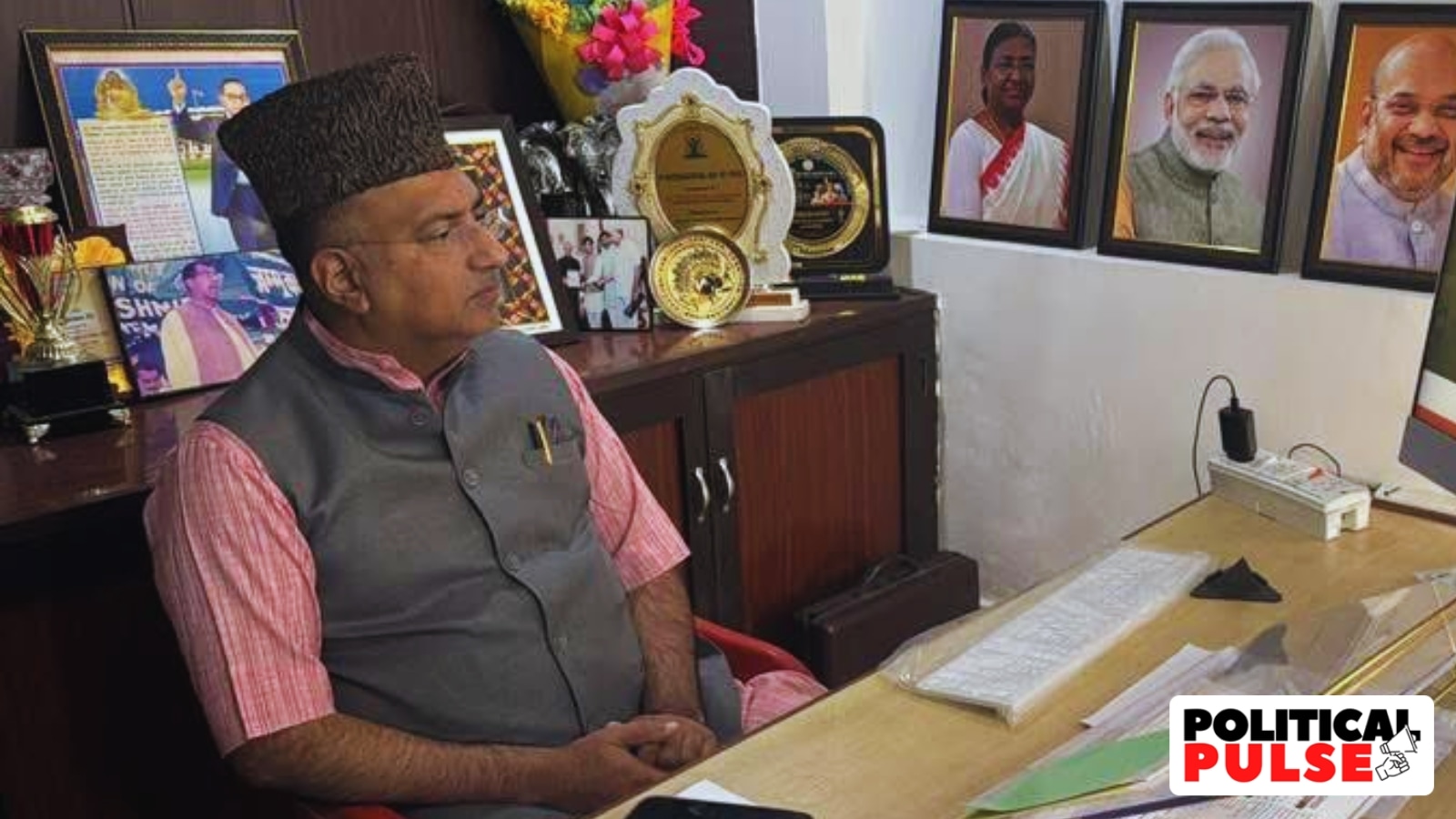 |
|
The BJP's recent focus on the Waqf (Amendment) Act, 2025, and its subsequent challenge in the Supreme Court, has brought the administration of Waqf properties in India under intense scrutiny. Gulam Ali, the BJP's sole Muslim MP, has emerged as a key voice in defending the Act, asserting that it is designed to benefit ordinary Muslims and address the widespread corruption that has plagued Waqf management. His support for the law comes at a time when the Opposition has criticized the BJP for claiming to represent the interests of Muslims despite lacking elected Muslim representation in Parliament and the Union Cabinet. Ali's perspective provides a crucial insight into the BJP's strategy to engage with the Muslim community and promote its policies. The core of Ali's argument rests on the belief that the Waqf Amendment Act will bring greater transparency and accountability to the management of Waqf properties. He contends that the previous system was rife with corruption, leading to the misappropriation of funds intended for the welfare of the Muslim community. By streamlining the administrative processes and introducing mechanisms for greater oversight, the new law aims to ensure that Waqf properties are utilized for their intended purpose, such as supporting hospitals, orphanages, and educational institutions. This, according to Ali, will ultimately benefit ordinary Muslims by providing them with access to better healthcare, education, and social services. The controversy surrounding the Waqf Amendment Act largely stems from concerns about the potential for abuse of power in determining which properties fall under Waqf jurisdiction. The Opposition has raised concerns about a single official above the rank of collector making such decisions, arguing that this could lead to arbitrary and unfair outcomes. However, Ali counters that the new law actually provides greater recourse for those who disagree with the officer's decision, as it allows them to appeal to the High Court. This, he argues, is an improvement over the previous system, in which survey commissioners had the final say. Another point of contention is the requirement for Waqf properties to be registered on a website. Some Opposition leaders fear that this could lead to properties being deemed illegal if registration is not possible for some reason. Ali dismisses these concerns, arguing that registration is a necessary step towards modernization and transparency. He draws an analogy to the importance of a Nikahnama (marriage certificate) in modern Muslim marriages, emphasizing that registration provides a clear and verifiable record of ownership, which reduces the potential for disputes and litigation. A key aspect of Ali's defense of the Waqf Amendment Act is his assertion that common Muslims have no problem with the presence of non-Muslims in Waqf Boards. He emphasizes that the primary goal is to improve the management of Waqf properties and ensure that they are used for the benefit of the community. He argues that the focus should be on transparency and accountability, rather than on the religious identity of those involved in the administration of Waqf properties. Ali stresses that the law is not intended to hand over mosques, shrines, or cemeteries to non-Muslims. Instead, it aims to ensure that Waqf properties are used for the purposes for which they were donated, such as building hospitals, orphanages, and schools. He cites the example of the Shri Mata Vaishno Devi Narayana Superspeciality Hospital in Katra, which is managed by the Shri Mata Vaishno Devi Shrine Board, as an example of how efficient management of religious trusts can benefit the community. He expresses hope that the Waqf Amendment Act will lead to similar improvements in the management of Waqf properties, allowing Muslims to benefit from better healthcare, education, and social services. Ali's background as a Gujjar Muslim from Jammu and Kashmir adds another layer of significance to his role in defending the Waqf Amendment Act. He joined the BJP in 2008 and was nominated to the Rajya Sabha in 2022, a move that was widely seen as an outreach to the Gujjar and Bakarwal communities in the state. His position as the BJP's lone Muslim MP gives him a unique platform to engage with the Muslim community and address their concerns about the party's policies. His support for the Waqf Amendment Act can be seen as part of a broader effort by the BJP to reach out to Muslims and demonstrate that it is committed to their welfare. However, the Opposition remains skeptical of the BJP's intentions, pointing to the party's history of anti-Muslim rhetoric and policies. They argue that the Waqf Amendment Act is just another attempt by the BJP to consolidate its power and control over Muslim institutions. The debate over the Waqf Amendment Act is likely to continue in the coming months, as the Supreme Court considers the challenges to the law. In the meantime, Gulam Ali's role as the BJP's lone Muslim MP will be crucial in shaping the narrative around the Act and engaging with the Muslim community. His ability to effectively communicate the benefits of the law and address concerns about its potential impact will be key to determining its ultimate success.
